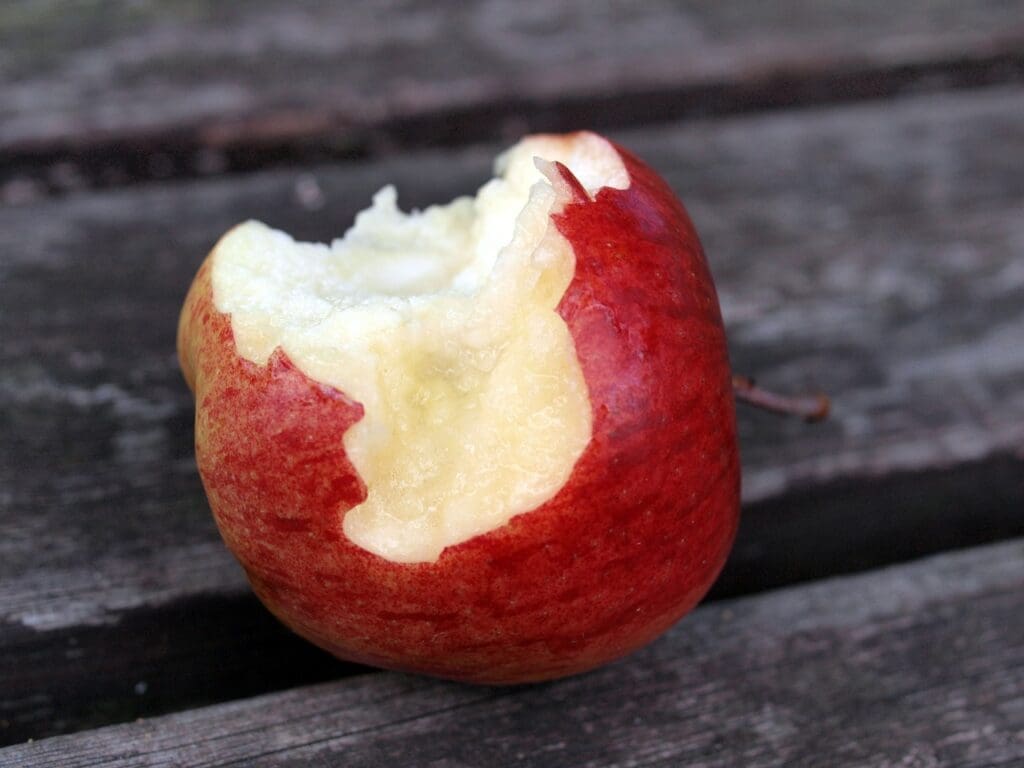Ever wondered what happens to your food when you swallow it? Want to know how your body cleverly absorbs the nutrients and disposes of the rest? This all comes down to the incredibly clever digestive system.
Our bodies are made up of multi impressive systems that keep us alive. One of them is the digestive system, which is constantly working away behind the scenes. If you are fascinated by how the digestive system carries out its amazing operation, this article covers the function and importance of a healthy digestive system.
What is the digestive system?
The digestive system is a combination of many organs beginning from the mouth, ending at the anus. In between, there are a series of hollow organs, such as the esophagus, stomach, small intestine, colon, and rectum. There are also the solid organs, like the liver, pancreas, and gallbladder, which altogether are on autopilot for food digestion.
It is safe to mention that the digestive system doesn’t act alone. There are other systems of the body that aids its operation, such as the nervous system, the circulatory system, hormones, and even bacteria called the microbiome.
As you may have realized, the digestive system carries out a complex process and is undoubtedly a crucial one.
Why it’s important
Without mincing words, the digestive system is technically responsible for the survival of every other system of the body. Yes, the heart pumps blood, and the brain coordinates many vital voluntary and reflex processes. Still, if the body doesn’t have the nutrients it needs, it will shut down after some time.
Nutrients are only available after the digestive system breaks down foods into the forms the body utilizes. Under healthy circumstances, the digestive system functions properly. Still, it’s not a bad idea to give the body substances that could support healthy digestion, especially when the need arises. For example, turmeric tablets have both anti-inflammatory and antioxidant properties, which can be beneficial for digestion and a host of other health benefits.
How does it work?
All parts of the digestive system are in synergy for digestion to seamlessly occur. Each part plays its role, starting with the mouth, where the chewing of food happens. The second hollow organ (the esophagus) helps in swallowing, which is a combination of both a reflex and voluntary action.

The next stop for swallowed food is the stomach, which further breaks down foods, especially protein. In the stomach, the upper muscles relax to allow foods to move to where gastric juices act on them. In the small intestine, starch, fats, and protein foods are further acted upon by digestive enzymes or juices released by the pancreas before the foods are absorbed into the body by another portion of the small intestine called the ileum.
The colon or large intestine comes to play by absorbing water and electrolytes from the rest of the food unused by the body before passing it to the rectum and eventually the anus when you feel pressed.
Featured Photo by Elina Fairytale : Pexels




